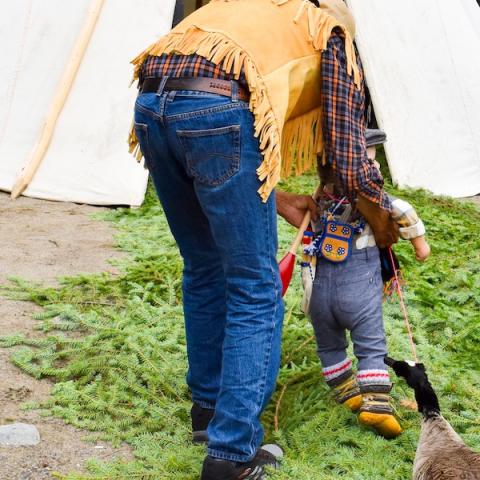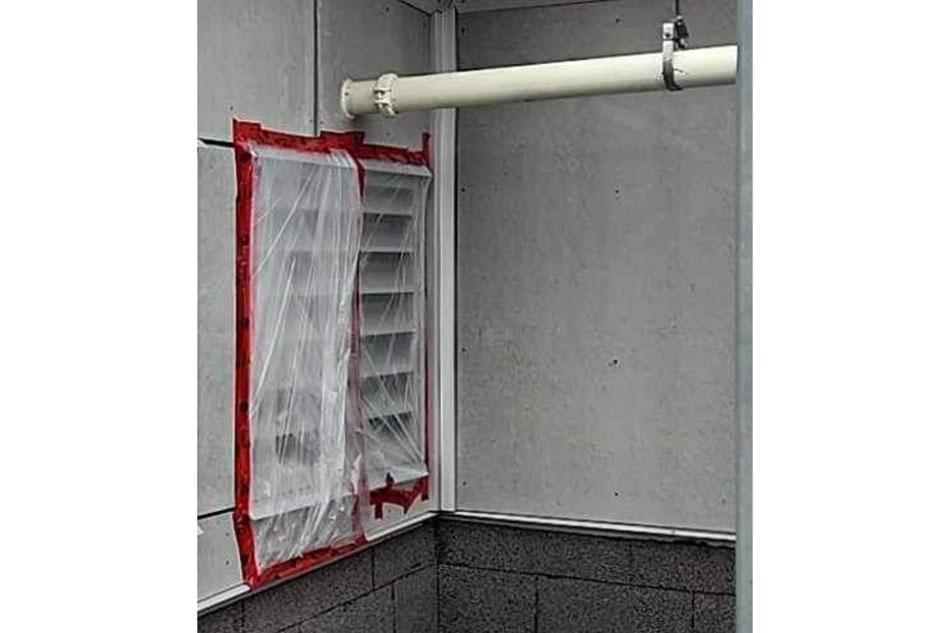Smoke from wildfires: How to protect your health
VIDEO: Wildfire Smoke - Protect your health
Wildfire smoke contains many pollutants that can cause serious health effects.
Protect yourself , stay inside, close windows and doors and use quality air filters to clean indoor air.
Stay informed about wildfire smoke, air quality and your health:.
Download the WeatherCAN app or visit us online. Canada.ca/wildfire-smoke
What to do to protect your health from wildfire smoke
- Listen carefully to public notices and warnings about the presence of smoke or the air quality.
- Stay indoors as much as possible when there is smoke. Seal your windows and doors. Put the ventilation system into recirculate to keep the smoke outside.
- Avoid heavy physical activity if there is smoke or if you are having a hard time breathing.
- Wearing a well-fitted N95 mask can provide some protection from smoke if you do need to go outside.
- If you have a breathing condition (e.g., asthma), make sure you have your medication on hand.
- Check in on others who may have trouble with smoke.

Smoke bothers some people more than others
Some people are at higher risk of health problems when exposed to forest fire smoke.
Smoke is more likely to bother the following people:
- Elders
- People with existing illness or chronic health conditions such as:
- breathing problems (asthma, bronchitis, home-assisted ventilation, restricted breathing capacity, emphysema, etc...)
- heart conditions
- cancer
- diabetes
- pregnant people
- infants and young children
- people who do heavy outdoor exercise or work
Symptoms of smoke exposure
Milder and more common symptoms of smoke exposure include:
- eye, nose and throat irritation
- a mild cough
- a runny nose
- production of phlegm
- headaches
These symptoms can typically be managed without medical intervention. If you have questions, please call 811.
More serious symptoms include:
- wheezing (including asthma attacks)
- shortness of breath
- severe cough
- dizziness
- heart palpitations (irregular heart beat)
- chest pains.
If you have any of these serious symptoms, call your CMC or seek urgent medical attention.
Pets
To protect your pet from the detrimental effects of smoke, do not let your pet go outside.
Support
Wiichihiiwaauwin (Mental Health) Helpline
Service available 24/7. Cree speakers and Elders are available upon request

Adjust your activities during high levels of air pollution to protect yourselves and your family.






